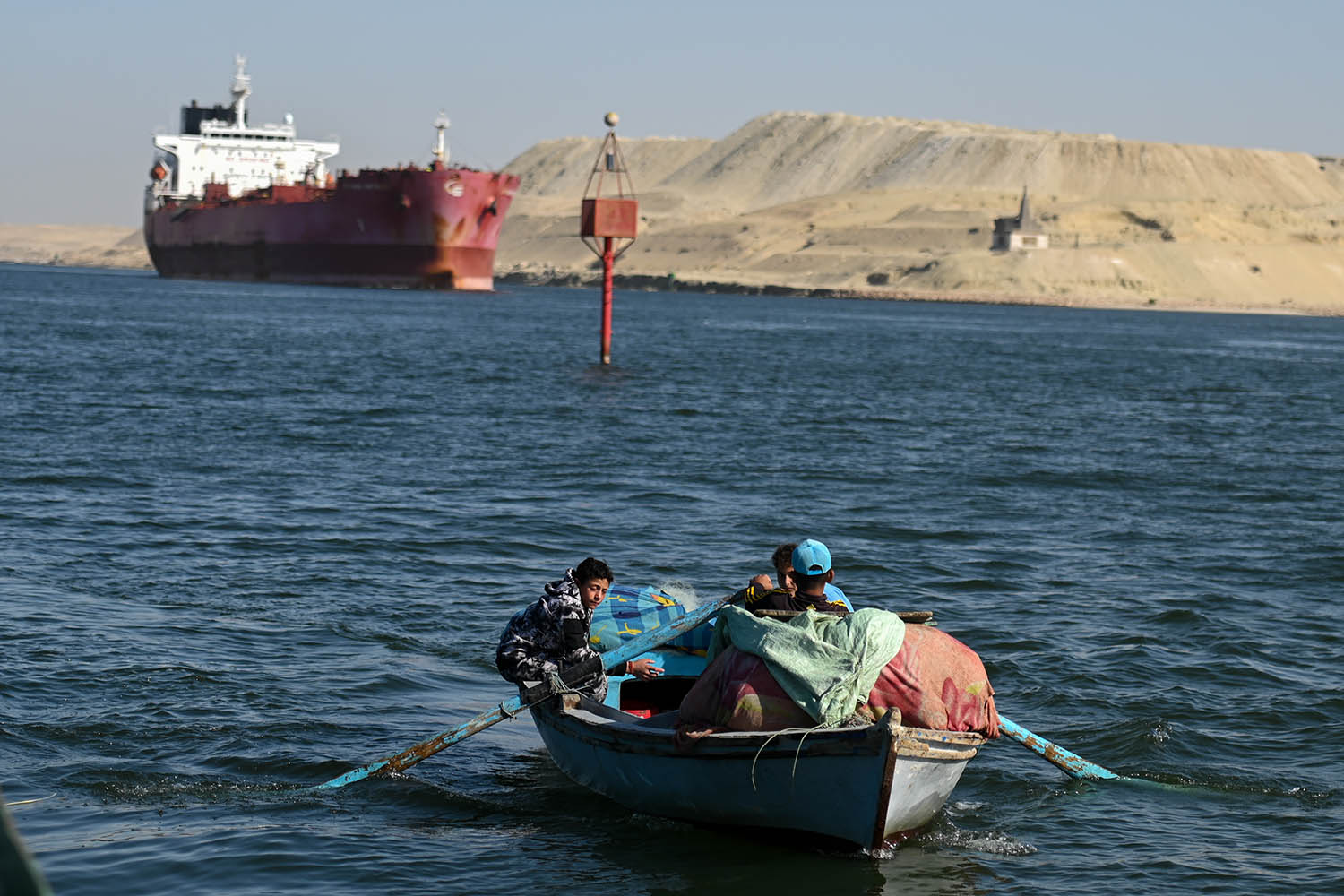
Mark Carney’s first stop on arriving in Davos this week was at a fringe event on shipping. The former Bank of England governor is now UN special envoy for climate action and finance and was anxious about emissions, and no wonder. Shipping accounted for 3 per cent of all CO2 emissions – more than aviation – even before the war in Gaza spread to the Red Sea and caused more than 2,000 freighters and tankers (and counting) to re-route via the Cape of Good Hope rather than risk Houthi rockets en route to the Suez Canal. That adds about ten days’ steaming to a typical container ship voyage from Singapore to Europe. Jacques Vandermeiren, CEO of the port of Antwerp-Bruges, said canal crises are no longer “black swan” events but the new normal: think permanent geopolitical risk at Suez, and permanent climate risk at Panama, where low water levels mean ever longer queues. And Stephen Cotton of the International Transport Workers’ Federation noted cheerfully that in shipping “the moment anything goes wrong, everything goes wrong”. There’s a cost in carbon, but also dollars: the pandemic added about 50 per cent to the cost of moving a container across the Pacific. The industry is braced for more cost spikes; consumers should be too.